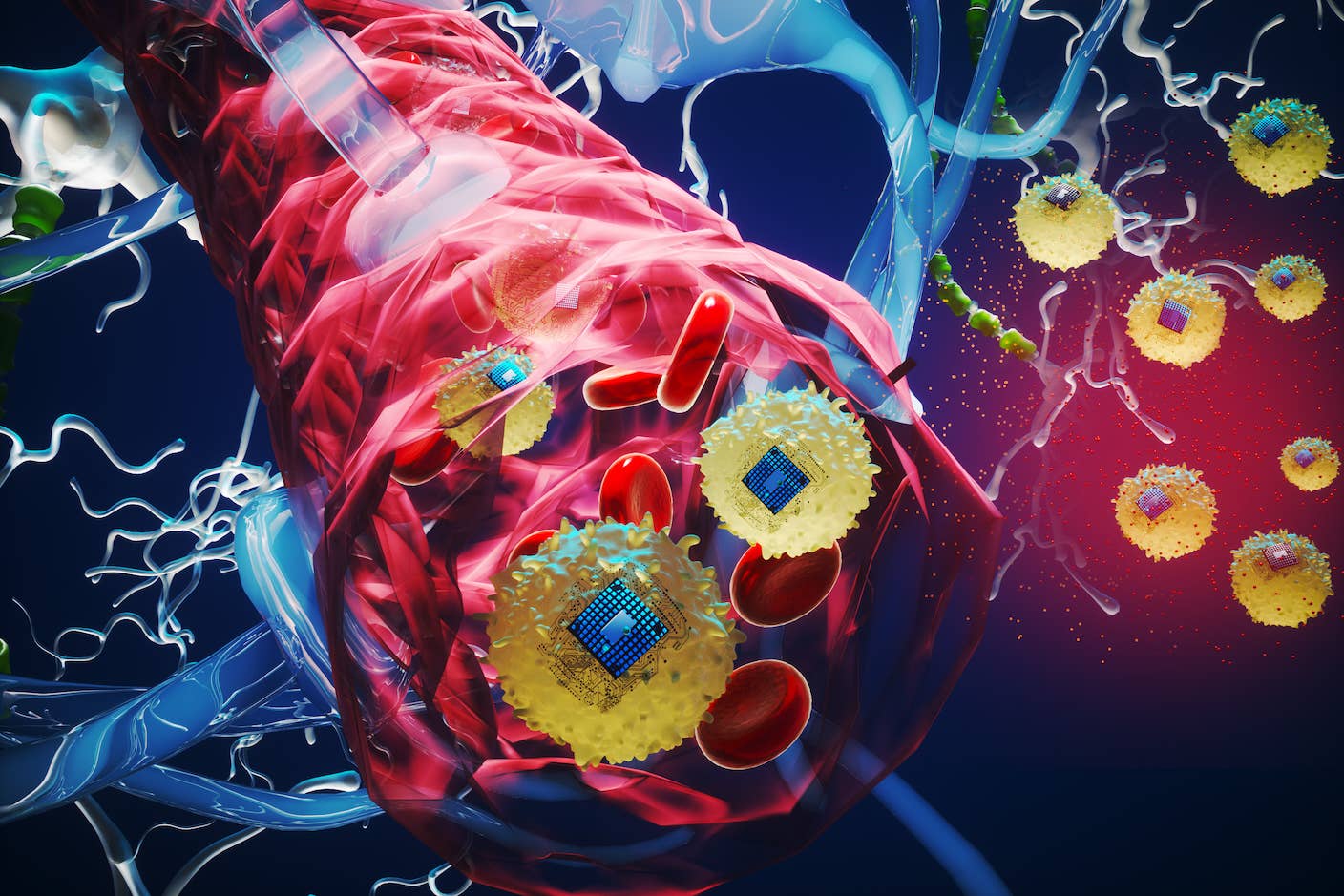Catch All the Baddies with a Keychain Spy Camera

Share
There simply are not enough devices out there that pander to the tin-foil hat crowd. You know, the paranoid delusional folks who think that there’s always something bad around the bend and somebody is always lurking in the shadows. Well, the Hong Kong company Brando is looking to fix that. They have just produced the keychain spy video camera that looks like an ordinary key fob (BMW owners need not apply: it’s not pretty enough). This spy cam represents the ongoing trend of cameras changing how we live and how we think about privacy.
This little guy is capable of shooting color video at 29 frames per second, still images or just audio and easily transfers files to a computer using USB. It has 2 GB of memory and a rechargeable lithium ion battery. Since most of life is spent searching for the car, it is more than likely that the spy camera will always be in hand and ready to shoot. But is Big Brother really becoming so mainstream that everybody will own one of these?
Okay, maybe these key fob spy cameras won't sell like Twilight books at a teen girl convention, but in the near future the trend is inevitable that virtually every person on the planet will be carrying one or more cameras in one form or another. Here on Singularity Hub, we have covered the privacy debate when it comes to small recording devices and this keychain continues the trend of dwindling personal privacy. As this technology becomes more accessible, more reliable and smaller, it can possibly be implemented in many more places. This debate applies not just the tin foil hat crowd that will purchase the spy camera keychain but to everybody, as this technology is already in many cellular phones and handheld devices.
Be Part of the Future
Sign up to receive top stories about groundbreaking technologies and visionary thinkers from SingularityHub.


Privacy debate aside, this is just another example of the mastery over the physical world that is coming to the mainstream market. For example, about 70 years ago, colored video images were just starting to break through into movie theatres of Hollywood, requiring large and costly camera equipment. Now, the same images could be captured (if one so happens to be spying on a 1930’s Hollywood set – see time travel) from this spy camera that fits in the hand, weighs only ounces and costs a mere 66 of your 2009-year dollars. It’s absolutely astounding.
If this cheap trinket can be mass-produced and sold to the masses now, what lies in store for the future of tiny gadgets? The next evolution of technology may not even have a need for handheld appliances. These tiny electronics may tap straight into the brain or be implanted within the body. Even now, a biomechanical implant is already being tested on Canadian documentary filmmaker Rob Spence, who lost one of his eyes and has now replaced it with a digital camera.
With advent of new technologies and manufacturing processes, the unthinkable is becoming a possibility. Yes, there certainly are many privacy and ethical issues inherent in these new products that may need to have the kinks worked out of them but here at Singularity Hub, we are excited by the new possibilities that are opened up by burgeoning technologies. The keychain spy camera (along with the rest of the miniaturized video camera market) could open up a raft of new applications and consumer experiences, making it a neat little gadget that is on our early holiday shopping list. Plus, if the aliens land while you are about to get in your car, you’ll finally be able to prove wrong all of the non-believers out there. Let us all hope that they come in peace or else you may return to your car in pieces.
Andrew is a recent graduate of Northeastern University in Boston, MA with a Bachelor of Science in Chemical Engineering. While at Northeastern, he worked on a Department of Defense project intended to create a product that adsorbs and destroys toxic nerve agents and also worked as part of a consulting firm in the fields of battery technology, corrosion analysis, vehicle rollover analysis, and thermal phenomena. Andrew is currently enrolled in a Juris Doctorate program at Boston College School of Law.
Related Articles

How Scientists Are Growing Computers From Human Brain Cells—and Why They Want to Keep Doing It

AI Companies Are Betting Billions on AI Scaling Laws. Will Their Wager Pay Off?

These Brain Implants Are Smaller Than Cells and Can Be Injected Into Veins
What we’re reading
